[Earth Day] These 10 Indian SMBs are preserving the environment and natural resources
Indian SMBs and enterprises are addressing key environmental challenges and are going green to arrest the Earth's deterioration. This Earth Day, read the stories of 10 Indian SMBs that are on a mission to protect the Earth.
Earth Day is celebrated across the world every year on April 22 to support environmental protection.
In the post-pandemic era, we will again see a world with the rampant deterioration of the environment through depletion and pollution of air, water, and soil and the destruction of ecosystems, natural habitats, and wildlife.
While many industries and businesses are a major cause for this environmental degradation, SMBs and companies of various sizes are also going green in their attempts to arrest this deterioration.
This Earth Day, SMBStory has curated a list of 10 Indian SMBs that are protecting the environment, addressing some of its pressing issues, and conserving natural resources.
Prakritii Cultivating Green

Prakritii Cultivating Green founders Amardeep Bardhan and Vaibhav Jaiswal
Amardeep Bardhan and Vaibhav Jaiswal felt strongly about the adverse environmental impact created by the use of plastic and polymer plates. Looking to address the issue, they decided to make areca leaf plates as a viable alternative to plastic plates.
They decided to source the leaves from Amardeep’s home state of Assam — which had an abundance of areca leaves — to make eco-friendly and disposable plates. This eventually led them to start Prakritii Cultivating Green in 2012, which was incubated in Assam and operated from Delhi.
Initially, the duo sold their plates to caterers and event organisers who would use the products at large gatherings and parties. After seeing the growing popularity, they expanded their product portfolio to include eco-friendly cutlery, glasses, stirrers, etc.
Today, Prakritii is seeing an annual turnover of Rs 18 crore and is generating employment for 120 people directly and for 700 people indirectly, the founders claim.
Cleantech Water

Vipul Chawda, Cofounder and Director, Cleantech Water
Ahmedabad-based manufacturing unit is on a mission to offer a vast range of effective and innovative water treatment solutions, focussing on sewage treatment plants to domestic and industrial clients.
“The main objective is to make small treatment plants with low capacities so that they can follow a decentralised approach for water treatment. This way, they also have a low operating cost,” says Vipul Chavda, Co-founder and Director, Cleantech Water.
These smaller water treatment plants can allow industrial or residential units to adopt them and treat water themselves, rather than directing sewage to a centralised treatment facility.
Cleantech works on such decentralised water treatment projects for clients, including Hindustan Petroleum Corporation Ltd, Amul, Tata Housing, Blue Star, and Adani Institute, among others. The business also has technical collaborations with leading US, UK, and German companies.
Responsible Whatr
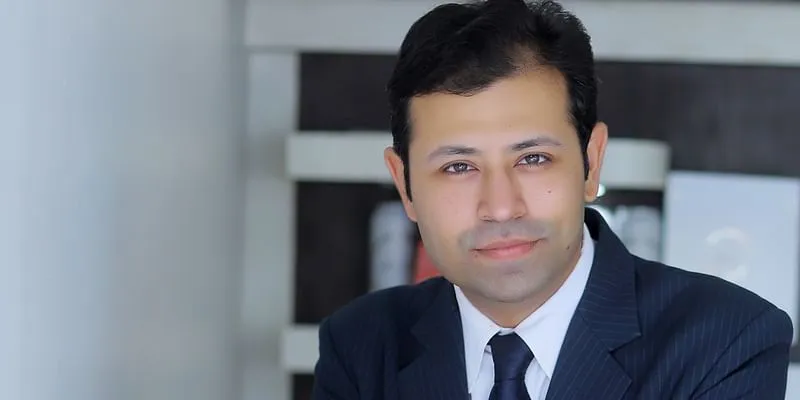
Ankur Chawla, Cofounder, Responsible Whatr
According to a Central Pollution Control Board (CPCB) report from 2012, India generates 15,000 tonnes of plastic a day, of which 40 percent remains uncollected. This uncollected plastic waste adds up, leading to land and water pollution, which poses a serious threat to the environment.
Ankur Chawla — a beverage expert and a veteran of the hospitality industry — researched to find a solution. After going through the intricacies of the issue at hand, he came up with a solution — aluminium.
Ankur decided to launch Responsible Whatr — a natural spring water beverage — packed in an aluminium can to solve the problem of waste plastic water bottles. In just a month of launch in 2020, the business sold 30,000 units of the aluminium water beverage can.
Responsible Whatr is available widely in retail stores of Delhi-NCR, including Foodhall, Modern Bazaar, Konic Mandi Mart, Farm Square, Exchange Store, and Defence Store, among others. The brand is also selling through its own website.
Deshwal Waste Management
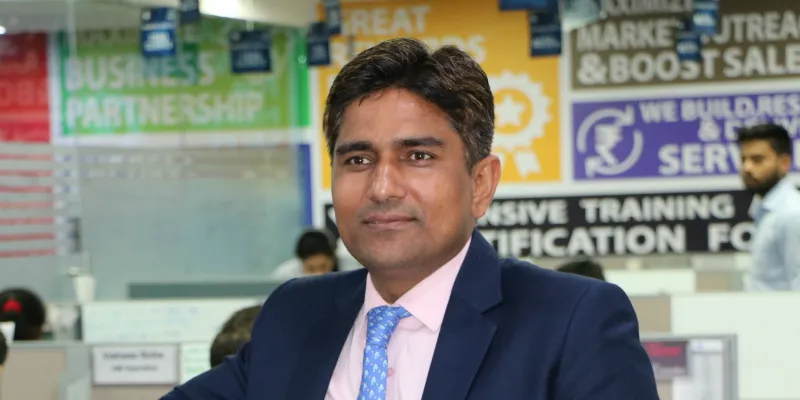
Raj Kumar, Founder, Deshwal Waste Management
When budding entrepreneur Raj Kumar was working in the IT sector, he noticed e-waste was becoming increasingly difficult to manage and recycle, and pollution from e-waste was on the rise.
“Looking at this, I decided to serve the society and contribute to global welfare and environment safety by establishing my first e-waste recycling plant in Khushkhera, Rajasthan, under the name Deshwal e-waste recycler,” he says.
Raj decided to invest his money and formally launched Deshwal Waste Management in 2013. He also established another large-scale recycling facility in Manesar. The two facilities began recycling various kinds of e-waste, used batteries, plastics, and used oils.
The company now has a corporate client base of over 200, including industry giants from the IT sector, heavy industries, automobiles, consumer goods, financial sector, etc.
Since its inception, Deshwal has recycled well over 1,000 metric tons of waste and is aiming to recycle more than 500 tons per year after 2019.
Visaka Industries

Visaka Industries' joint managing director Vamsi Gaddam
Set up as a cement roof-manufacturing company in the early 1980s by G Venkat Swamy and his son G Vivekanand, Hyderabad-based Visaka Industries Limited has transformed over the last four decades to make sustainable building materials and textiles. It recorded an annual turnover of Rs 1,127 crore in 2019-20.
In 1992, the company expanded into textiles, developing the revolutionary sustainable fabric Wonder Yarn from discarded PET bottles. The technology of Murata twin air-jet devices integrates material used in PET bottles to create a fabric that has since kept 100 million PET bottles from being dumped into landfills.
After third-generation entrepreneur Vamsi Gaddam's entry into the business, Visaka introduced a brand that would manufacture a range of sustainable building products and be a substitute for plywood.
“Holding true to our pledge of sustainability and eco-friendliness, we have preserved 5,00,000 trees, prevented the emission of 90,000 tonnes of CO2, and recycled 100 million PET bottles,” he says. “We also manufactured vendor carts that are equipped with ATUM solar roofing and donated to the underprivileged.”
Retas Enviro Solutions
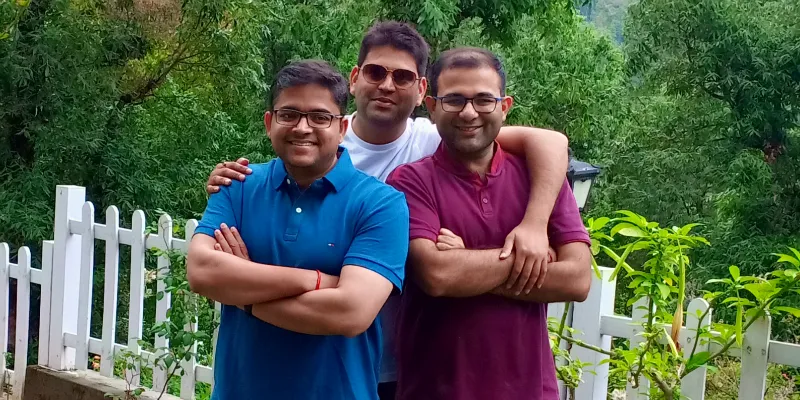
Retas founders Neeraj Chauhan (left), Priyank Jain (centre) and Ankit Magan (right)
One day in 2016, three MBA friends were stranded in a relentless shower of rain in Gurugram. Ankit Magan, Priyank Jain, and Neeraj Chauhan were there for some work and had to wait for over 45 minutes for the rain to stop.
“There was so much wastage of water, so we asked ourselves, what would happen if the city had to pay to receive rainfall? Would so much water go waste?” says Ankit. The friends decided they must do something to preserve rainwater.
Despite having full-time jobs, they wanted to start their own rainwater preservation business and become ‘waterpreneurs.’ In December 2016, they left their jobs and started Retas Enviro Solutions in New Delhi to design, manufacture, and install water tanks and modular rainwater harvesting systems.
In just two years, Retas boasts of having major clients like TATA Steel, Reckitt Benckiser, SIEMENS, Hi-Tech Gears, HPCL, Government of Delhi, Government of Uttarakhand, and more.
“With our team of 11 people, besides the three founders, we register around Rs 40 lakh to Rs 45 lakh worth sales each month,” Ankit adds.
BreatheEasy
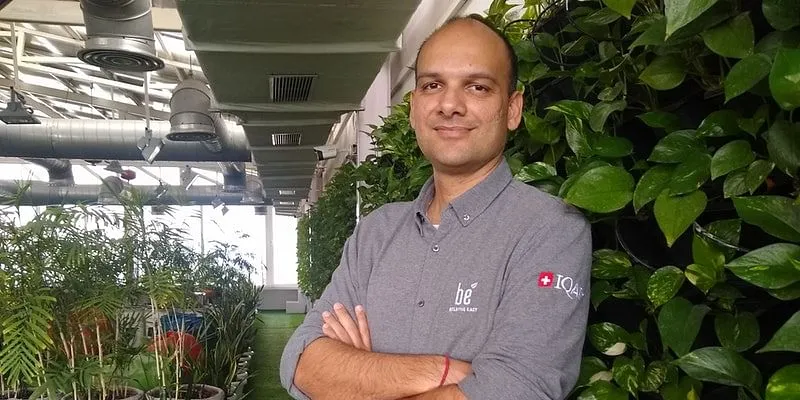
Barun Aggarwal, Co-founder & CEO, BreatheEasy
Delhi is in the eye of the pollution storm as the city’s residents have to live with hazardous levels of particulate matter. When he returned to India in 2010 from the US, Barun Aggarwal found it difficult to adapt to the city’s air quality. It was a wake-up call for Barun when he saw his three-year-old son wheezing while at Lodhi Gardens.
Building on his father-in-law's with air purification, Barun set out to find the best portable air purifiers for India’s air pollution crisis. He and his team tested 28 different models across 15 stringent parameters for six weeks in his children’s bedrooms.
The children stopped wheezing and BreatheEasy was born. The company was founded with a bootstrapped capital of Rs 10 lakh in 2013 and is incubated at Paharpur Business Centre, Nehru Place, Delhi.
BreatheEasy's solution is deployed in the homes of William Bissell, Chairman of FabIndia, and KP Singh, CEO of DLF Limited, among others. It has also deployed its products in companies like Infosys and Wipro, and schools, including British School, American Embassy School, and German School.
Deluxe Recycling
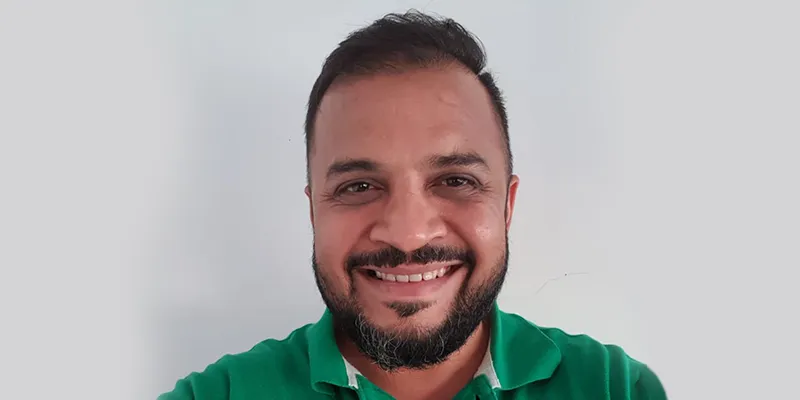
Jignesh Shah, Founder of Deluxe Recycling
Jignesh Shah hails from a paper manufacturing and recycling background. In 1999, the opportunity to do something about the waste coming from packaging factories changed the course of his life.
That is when he started Deluxe Recycling, a Mumbai-based business, providing environment-friendly solutions of dunnage options to various organisations, companies, and industries.
The journey, spanning almost 20 years, began with investments from family, friends, term loans, and cash credit. Jignesh says they started with a small plant with a capacity of 75 tons per month. It has now expanded to 13,000 metric tons per annum. Last year, the company clocked a turnover of about Rs 40 crore per annum and reported an almost 25 percent increase in the turnover.
He says, “Initially, we used to recycle only the factory waste coming out of the Tetra Pak production lines. Since 2004, we have been supplying these chipboards to the automobile industry in the form of a seatback and backrest for passengers and drivers in the three-wheeler autorickshaw sector.”
Runaya

Naivedya Agarwal, Founder, Runaya
India is expected to continue to be among the major hubs of primary production growth for aluminium, but there is a need to provide sustainable solutions for the dross generated as the byproduct in the processing of aluminium.
Naivedya Agarwal, Founder of Runaya, says that 1.5 percent dross is generated in the production of aluminium. Globally, over 10 lakh tons of this hazardous waste is generated annually, for which there was no sustainable solution.
A scion of Vedanta CapitalGroup, one of India’s largest aluminium producers, Naivedya decided to start a business of his own to seize the opportunities dross generated to recover potential metal and develop new products.
Runaya is a manufacturing firm that leverages technology and relationships with global partners to create sustainable, innovative solutions in the resources sector.
For instance, it has established a sustainability and recovery project in Odisha, where it is processing 100 percent of aluminium dross recovered from Vedanta via a patented German technology through a two-stage hot and cold recovery process and recovers 40 percent of aluminium by weight.
Packman Packaging
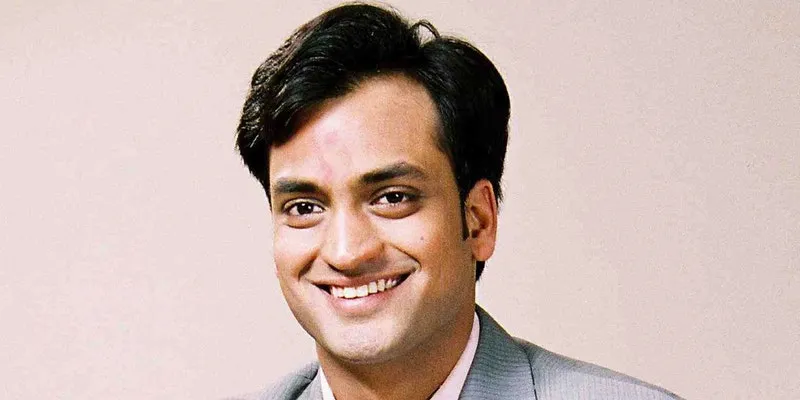
Gaurav Jalan, Founder of Packman Packaging
Packman — the brainchild of Indian entrepreneur Gaurav Jalan — supplies Amazon India, Flipkart, Samsung, Bosch, and other clients with eco-friendly, biodegradable packaging products. At its factory in Greater Noida, Packman Packaging manufactures paper-based corrugated boxes (paperboards with air columns) in various shapes and sizes.
These are the familiar brown cardboard boxes used to pack electronics, shoes, food items, clothes, etc. Packman also makes corrugated rolls, bubble rolls, bubble pouches, courier bags, POD jackets, duct tapes, ecommerce shipping bags, and more. Besides selling these directly to customers, it has an ecommerce store where these products can be bought.
“The material used to make the packaging comes from recycled paper, food quality paper, and biodegradable paper. Today, Packman can manufacture up to one lakh corrugated boxes and rolls each day, and ship to over 300 Indian cities,” Gaurav claims.
Delhi-registered company Packman makes Rs 20 crore turnover annually as of last year and has 105 employees, he adds. Gaurav’s company also makes eco-friendly bags from corn, which are biodegradable and do not contaminate the recycling process of other more common polymers, Gaurav says.
Edited by Suman Singh


![[Earth Day] These 10 Indian SMBs are preserving the environment and natural resources](https://images.yourstory.com/cs/21/98e25df018b511e988ceff9061f4e5e7/collage5-1618999287252.png?mode=crop&crop=faces&ar=2%3A1&format=auto&w=1920&q=75)




